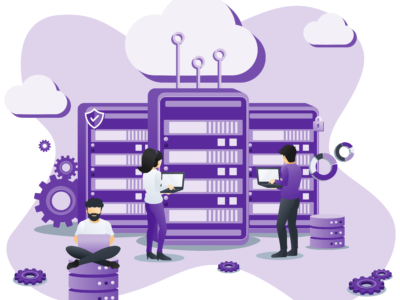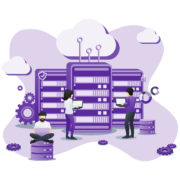Artificial Intelligence. Once a concept relegated to the realm of science fiction, AI has rapidly infiltrated nearly every aspect of our lives, transforming industries, redefining possibilities, and sparking both excitement and apprehension in equal measure. But what exactly is artificial intelligence? How does it work, and what does it mean for the future of humanity? This article delves into the multifaceted world of AI, exploring its core principles, applications, implications, and the boundless potential it holds to reshape our world.
Decoding the AI Enigma: What is Artificial Intelligence?
At its core, Artificial Intelligence refers to the ability of computer systems to perform tasks that typically require human intelligence, such as learning, problem-solving, decision-making, and natural language processing. AI systems are designed to analyze vast amounts of data, identify patterns, and make predictions or take actions based on the insights derived.
Machine Learning: The Engine Powering the AI Revolution:
Machine learning stands as a cornerstone of artificial intelligence. This powerful approach empowers computer systems to learn from data without explicit programming. Instead of being explicitly told what to do, machine learning algorithms are fed massive datasets and tasked with identifying patterns, making predictions, and refining their performance over time. This ability to learn and improve autonomously is what makes machine learning so transformative, enabling AI systems to tackle increasingly complex tasks with remarkable accuracy.
AI in Action: A World Transformed:
From the personalized recommendations you receive on streaming platforms to the voice assistants that seamlessly answer your queries, AI is subtly woven into the fabric of our daily lives. Beyond these consumer-facing applications, AI is revolutionizing industries across the board:
Healthcare: AI is being deployed to diagnose diseases with unprecedented accuracy, develop personalized treatment plans, and accelerate drug discovery.
Finance: AI-powered algorithms analyze market trends, detect fraud, and provide personalized financial advice.
Transportation: Self-driving cars, powered by sophisticated AI systems, promise to revolutionize transportation, increasing safety and efficiency.
Manufacturing: AI is optimizing production processes, reducing waste, and enhancing quality control.
Education: AI is personalizing learning experiences, providing customized feedback, and automating administrative tasks, freeing up educators to focus on fostering deeper student engagement.
Navigating the AI Frontier: Challenges and Ethical Considerations:
While the potential benefits of AI are vast, it’s crucial to acknowledge the challenges and ethical considerations that accompany this technological revolution. Job displacement due to automation remains a valid concern, necessitating proactive measures to retrain and upskill the workforce. Ensuring algorithmic fairness and mitigating biases embedded within AI systems is paramount to prevent discrimination and promote equitable outcomes. As AI becomes increasingly sophisticated, establishing clear ethical guidelines and regulations will be crucial to guide its development and deployment responsibly.
AI and the Future of Work: Augmentation, Not Replacement:
The fear that AI will lead to widespread job displacement is understandable but often overblown. While AI will undoubtedly automate certain tasks, it’s more likely to augment human capabilities rather than replace human workers entirely. By automating repetitive or mundane tasks, AI can free up human workers to focus on higher-level, creative, and strategic endeavors. This shift will necessitate a workforce equipped with new skills and a willingness to adapt to evolving job roles.
Empowering the Next Generation: Democratizing Access to AI Education:
As AI becomes increasingly integral to our world, equipping future generations with the skills and knowledge to navigate this technology-driven landscape is paramount. Educational initiatives focused on coding, data science, and AI ethics are essential to empower the next generation of innovators, creators, and problem-solvers. Resources like an AI SQL Tutor can make learning these in-demand tech skills more accessible and engaging, bridging the gap between theoretical knowledge and practical application.
The AI Revolution: A Collaborative Future:
The future of AI is not one of human versus machine, but rather a future of human-machine collaboration. By harnessing the power of AI to augment our capabilities, automate tasks, and solve complex problems, we can unlock unprecedented opportunities for progress and innovation. Embracing AI responsibly, ethically, and inclusively will be key to shaping a future where this transformative technology benefits all of humanity.







